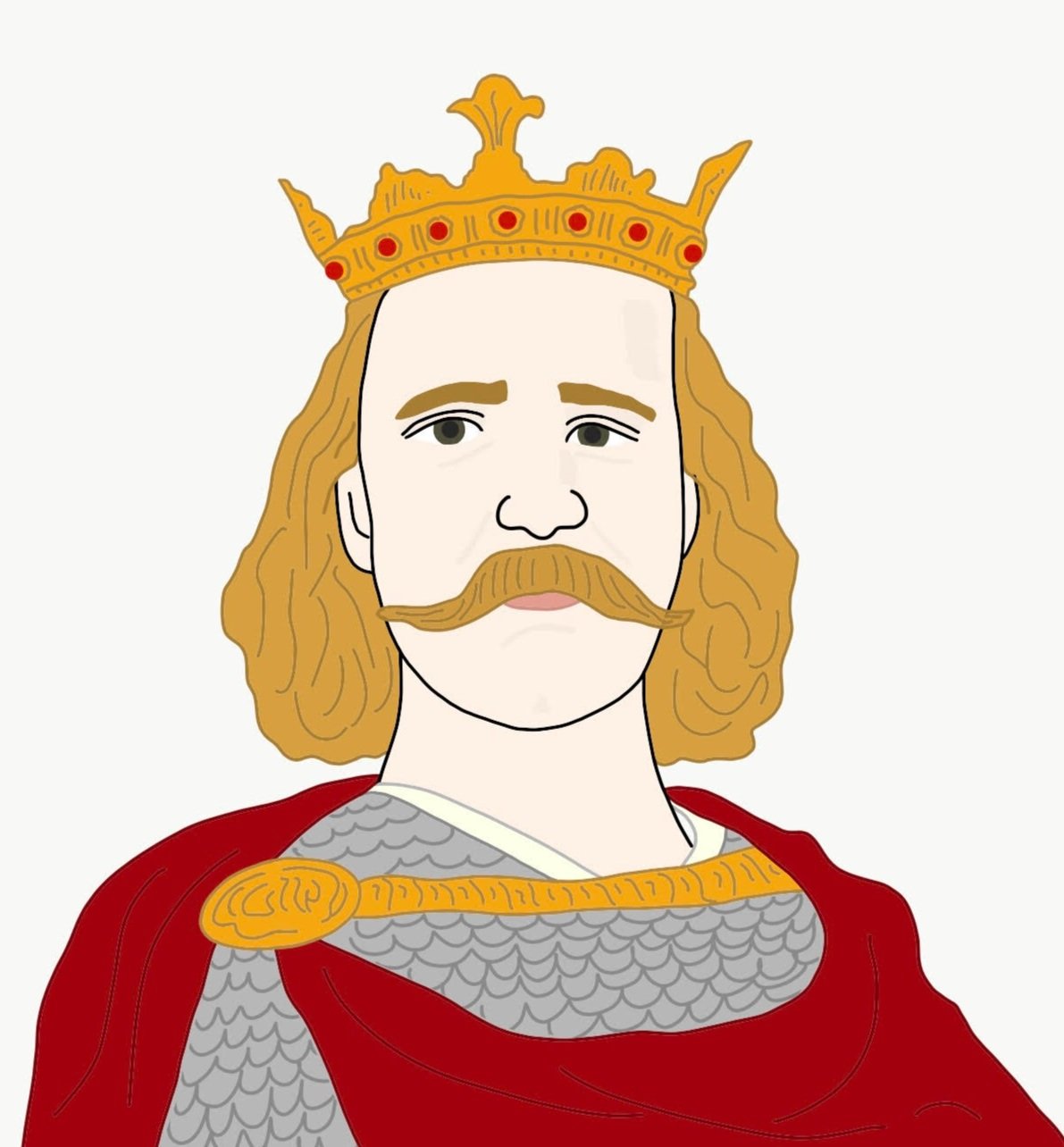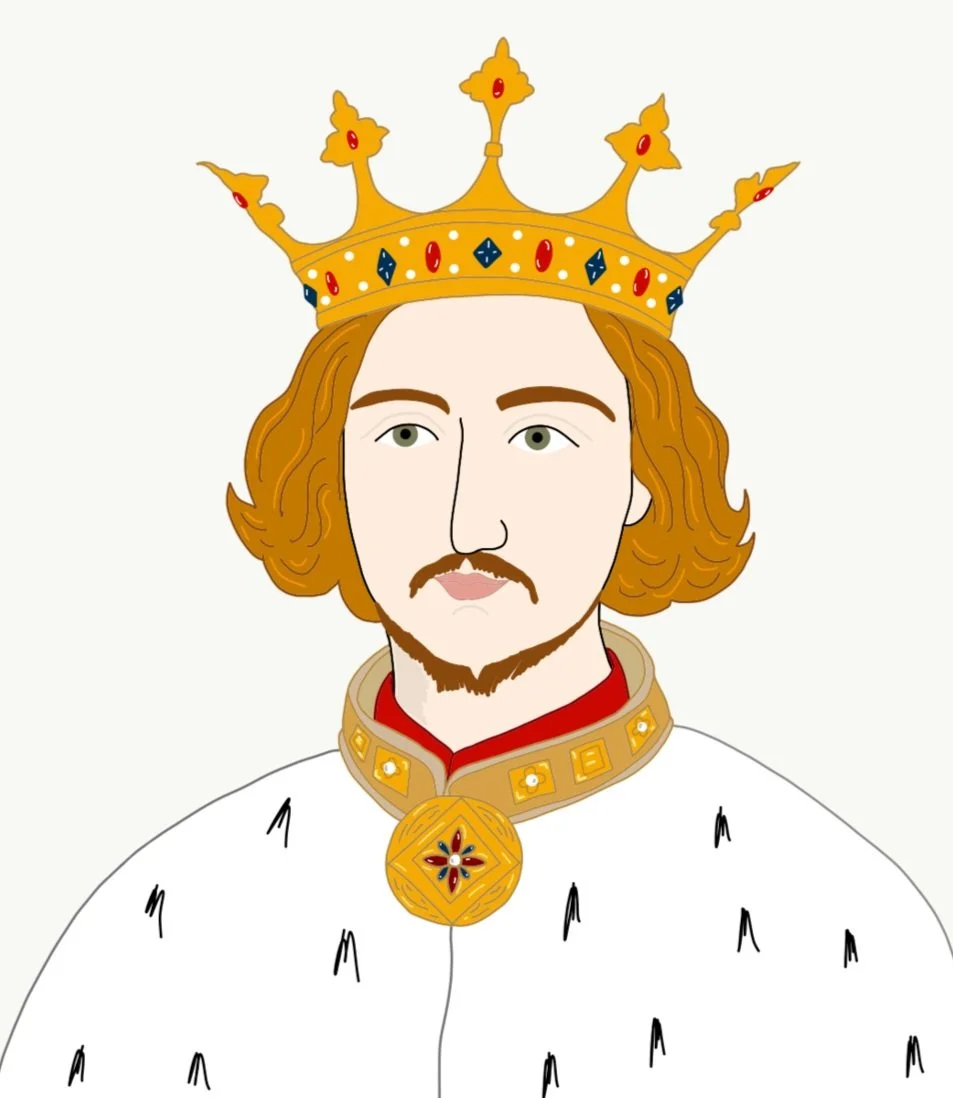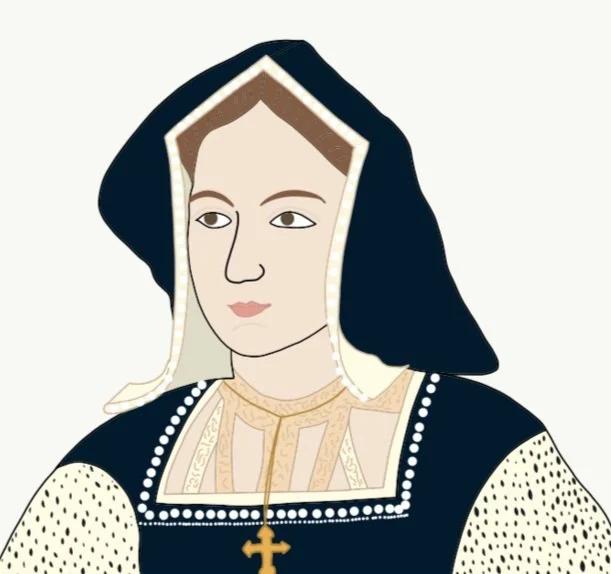January 2nd - 8th
“Anglo Saxons face Vikings in battle twice in one week; the last Anglo Saxon king takes the English throne; a decision that will change the faith of a country; and the strange disappearance of a female aviator...”
On 2nd January…
1727 - James Wolfe was born in Kent, England. He was a commander of the British army and led them to victory in Canada against the French at the capture of Quebec. This victory led to British supremacy in Canada. Wolfe died of battle wounds shortly after hearing of their victory.
On 3rd January…
1957 - The world’s first electric watch was introduced, it ran on battery power and never needed winding up. Until this time people used to keep their watches working by winding them up using the small dial on the side.
On 4th January…
871 - The Battle of Reading took place between invading Vikings from Denmark and an Anglo-Saxon army led by King Aethelred of Wessex. The Vikings won this battle forcing King Aethelred to retreat, but the war was not yet over, and another battle would take place in four days’ time.
King Charles I sends 400 soldiers to arrest 5 men
1642 - King Charles I sent an army of about 400 soldiers to Parliament in order to arrest five men. They were to be arrested because of their petition against the king. The petition was called the Grand Remonstrance and contained over 200 clauses of complaints against the king and his reign. The men had been informed of their imminent arrest and were nowhere to be found.
The English Civil War started shortly afterwards.
1698 - The Palace of Whitehall was destroyed by a fire. It had been the centre of English royal power for 168 years, ever since Henry VIII took it from Cardinal Wolsey in 1530 and turned it into the most magnificent palace in Britain. The fire began when a maid left some sheets drying near an open fire; they caught alight and the fire quickly spread through the timber framed building. It raged for over 15 hours and by the time it had died down all that was left was the Banqueting House which still stands in Whitehall today.
1809 - Louis Braille was born in France. He was left blind after an accident when he was three years old; he had been playing with his father’s tools when one slipped and plunged into his eye. When he was 15 years old, he successfully developed a simplified version of reading and writing for the blind after an exhibition of one at his school.
On 5th January…
Edward the Confessor dies without an heir causing a year of chaos
1066 - Edward the Confessor, King of England died. He left no children or heirs, sparking problems for England and Harold Godwinson, the man who claimed the throne upon his death. This would be a year of great change in English history.
Henry VIII is forbidden to remarry but will that stop him?
1531 - Pope Clemens VII forbade King Henry VIII to remarry. Henry wanted to divorce Catherine of Aragon because she hadn’t given him a son and then he wanted to marry Anne Boleyn. The Pope’s refusal to grant Henry permission to remarry led to the creation of the Church of England.
1922 - The polar explorer Ernest Shackleton died of a heart attack on an expedition to try and circumnavigate the Antarctic.
Amy Johnson and her plane disappear over England
1941 - Amy Johnson, the British pilot who became the first female pilot to fly solo from Britain to Australia disappeared whilst flying a plane from Blackpool to Kidlington in Oxfordshire. Her plane crashed into the Thames Estuary and her body has never been found. Her death has remained a mystery.
On 6th January…
Harold Godwinson crowned just a day after the king died
1066 - Harold Godwinson was crowned King Harold II at Winchester Abbey the day after Edward the Confessor died. The speed with which he was crowned following the death of the previous king hinted that he knew his position was in jeopardy - being crowned king gave him some security but it wasn’t secure enough and before the year was out he had to fight off two other claimants to the throne - King Harald Hardrada of Norway and William, Duke of Normandy.
King Richard II is born in France
1367 - King Richard II was born in France. His father was Edward the Black Prince, son of King Edward III. Richard became king when his grandfather Edward III died because his own father had died when he was only nine years old.
1852 - Louis Braille, the inventor of Braille, the system of reading and writing for the blind died of tuberculosis.
On 7th January…
Catherine of Aragon dies
1536 - Catherine of Aragon, the first wife of King Henry VIII and mother to Queen Mary I, died.
Moons spotted orbiting Jupiter
1610 - Galileo Galilei noticed the first three moons of Jupiter: Io, Europa and Ganymede. Upon further observation he realised that they weren’t stars but were in fact moons orbiting Jupiter. A few days later he spotted a fourth moon, Callisto.
On 8th January…
871 - Following their recent defeat at the Battle of Reading just four days previous the Anglo-Saxons faced the Vikings again at the Battle of Ashdown. This time they had more forces and had split into two Anglo-Saxon armies; one was led by King Aethelred I of Wessex and another by his younger brother Alfred (the Great). This time they won the battle and forced the Vikings to retreat but the war was still not yet won as they faced another battle just two weeks later.
1107 - King Edgar of Scotland died. He was the first King of Scotland that united Celtic and Anglo-Saxon blood; his father was King Malcom III, and his mother was Margaret, a granddaughter of King Edmund II of England.
Galileo dies
1642 - Galileo Galilei, the Italian astronomer died. His observations of the solar system led him to confirm Copernicus’ theory that the Earth revolves around the sun.
1941 - Robert Baden-Powell, the founder of the Boy Scout movement died.
1942 - Stephen Hawking, the famous physicist, was born in Oxford, England. In his twenties he was diagnosed with motor neurone disease which is a disease that stops cells in the brain and nerves in the body from communicating properly leaving the person unable to move. Despite his disability Hawking continued to study and research. He received many honours and awards including a CBE in 1982 from the Queen.







